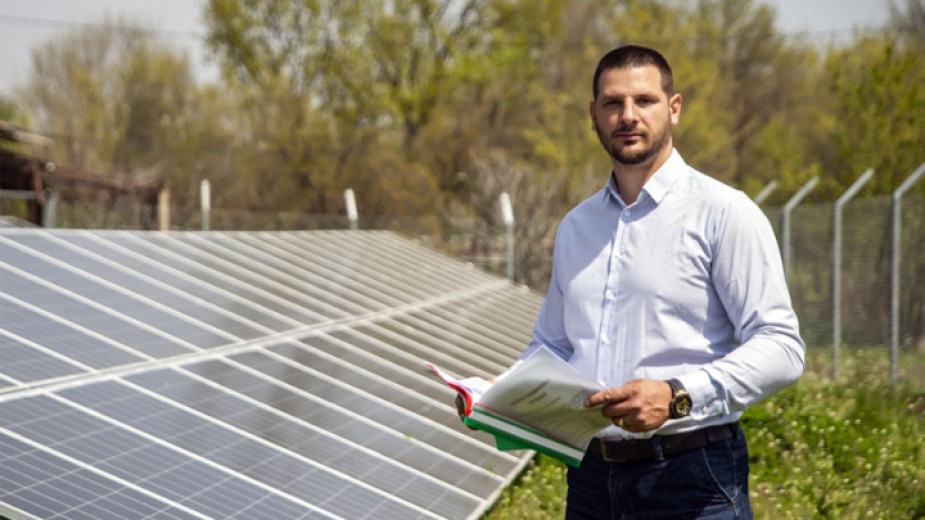The new higher prices of electricity that came into force at the beginning of this month have caused dissatisfaction among businesses. The simplest explanation behind the need for yet another rise is higher carbon prices, which are currently around and above 55 euros per ton.That is how electricity prices for the regulated market rose by an average of 4.4% and prices of heating rose by an average of 16.23%. The new prices and the 20% reduction in the purchase price of electricity from renewable energy sources has made a number of small and medium enterprises involved in building small photovoltaic power plants, united in the Bulgarian Solar Association, appeal against the decision taken by the Energy and Water Regulatory Commission. In an interview with BNR, its chairman, engineer VeselinTodorov, commented that preferential purchase prices of electricity from renewable sources was the only form of state aid that the sector received.

"At the backdrop of the great jump in the price of raw materials worldwide (iron, copper, glass, silicon, which are needed for the production of solar panels), a 20% reduction in the purchase price stops future investors who want to build small plants up to 30 kilowatts."
Reducing carbon emissions, breathing cleaner air, energy independence and predictability of the amount of energy produced and consumed are just some of the benefits of using renewable energy sources. However, this does not mean that these types of energy sources are easily accessible to those who want to use them:
"In Bulgaria, we still have purely administrative barriers that hamper people’s motivation for serious interest in green energy," Todorov says, comparing the requirements for photovoltaics in Germany to those in Bulgaria. "In Germany, each house or other building must have a certain percentage of photovoltaics on the roof to compensate for the electricity losses of the building. In Bulgaria, in order to place a solar panel on your roof, you must obtain permissionand pay excise duty tax for the energy produced.Obstacles are also caused by old laws, which have not been reformed. We need to allow the individual citizen to determine their own energy independence," Mr.Todorov adds.
Compiled by: Yoan Kolev
English: Alexander Markov
Photos: private library
Bulgaria's gross domestic product grew by 1.8 per cent to BGN 183.7 billion (EUR 93.9 billion) last year, according to preliminary data released by the National Statistical Institute. One person accounts for BGN 28 516 (EUR 14 580) of the total...
The average salary in Bulgaria in the fourth quarter of last year was BGN 2,123 (EUR 1,085), an increase of 13% compared to the same period last year, according to the Ministry of Labour and Social Policy. The average wage is highest in Sofia - BGN..
120,000 people employed in coal-fired power plants are at risk of losing their jobs and are facing emigration, warn experts from the Podkrepa Confederation of Labour . Regarding the Green Deal, trade unionists exchanged experience with their..
In the first quarter of 2024, the country’s real GDP growth is expected to accelerate, which is a prerequisite for similar annual dynamics, the..
The Institute for Market Economics has reported that it took 134 days for working Bulgarians to pay their debts to the treasury...
In March 2024, 1,518 people in Bulgaria had deposits of more than BGN 1 million, while in March 2023, 1,277 Bulgarians had such deposits, according to..

+359 2 9336 661
